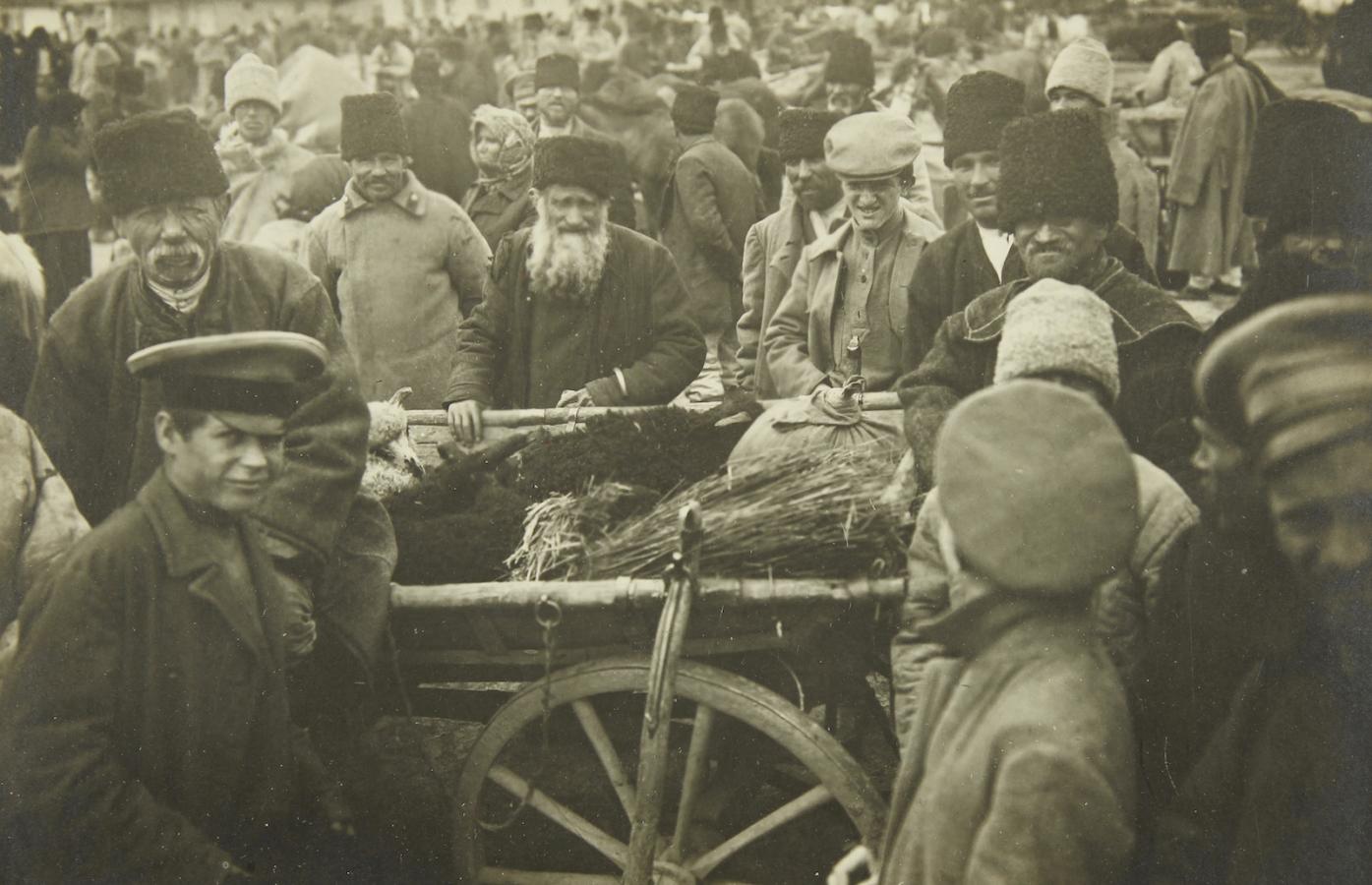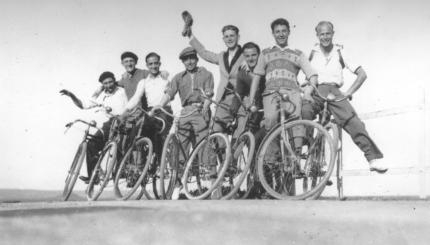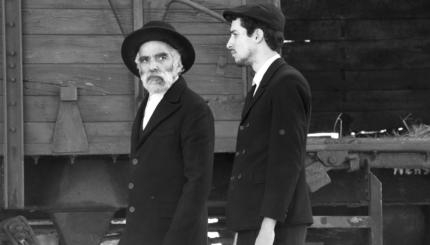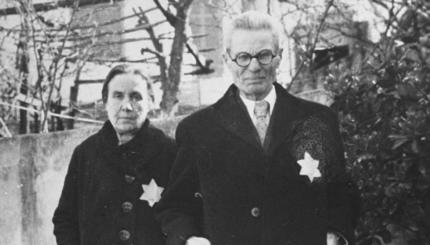The first omen of ill fortune for Mendel Singer, a “pious, God-fearing, and ordinary” Jew in Tsarist Russia, comes when his fourth son Menuchim is born with epilepsy and a seemingly incurable physical disability. From there, the hardships mount: a wife consumed by her worry for her child, a son conscripted into the army, a daughter in love with a Russian soldier, and another son escaped to the new world, where he exchanged his given name of Samuel for Sam. When Mendel and his wife Deborah join him in America, the bad only grows worse.
Job, published in 1930, was Joseph Roth’s breakthrough success, winning fans as prominent as Albert Einstein and Marlene Dietrich, who cited it as her favorite book. In 1936, it was adapted into a Hollywood film, although true to the biases of the time, Mendel Singer from Russia was transformed into Christopher Freyman, a Catholic from Austria, in order to give the story a more “universal” appeal, much to the horror of its author.
The book, written in deceptively simple language, offers readers a number of complexities to untangle. Roth’s vision of America, a country he never visited, is laced with a distrust of the promises of modernity. The madness that afflicts the Singer family carries gendered overtones and was inspired largely by Roth’s experience with his wife, whose struggles with schizophrenia were increasingly weighing on him. And Mendel Singer’s shaken faith reflects Roth’s own concern over the fate of Jews in Europe, whose growing peril Roth followed intensely.
And yet, while Job interrogates the meaning of Jewish suffering, the book also reveals the author’s insistent belief in the possibility of deliverance. Roth writes about the Singers’ neighbors who rejected the possibility of Menuchim’s recovery: “For they had not been visited with misfortune, and he who has had no misfortunes does not believe in miracles.”

Help us keep Jewish knowledge accessible to millions of people around the world.
Your donation to My Jewish Learning fuels endless journeys of Jewish discovery. With your help, My Jewish Learning can continue to provide nonstop opportunities for learning, connection and growth.
Two years after Job’s publication, Roth left Germany for the last time and went into exile. His wife remained at a sanatorium in Austria, where the bills were becoming increasingly difficult to pay as the ascendant Nazi party banned the promulgation of “un-German literature,” thereby cutting Roth off from his largest audience. Over the next several years, Roth drank and wrote until in 1939, upon receiving the news of a close friend’s suicide, he collapsed in a Parisian café and died in a hospital days later. His wife was euthanized by the Nazis the next year. For Roth, there was to be only misfortune, no miracle.
Excited to start the novel? Get your copy of Job here.




